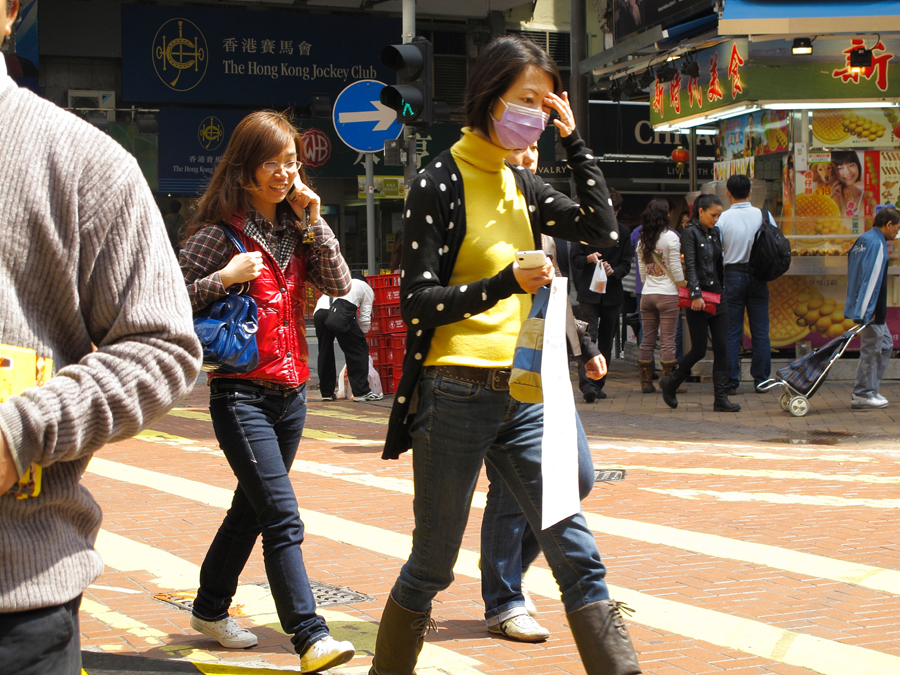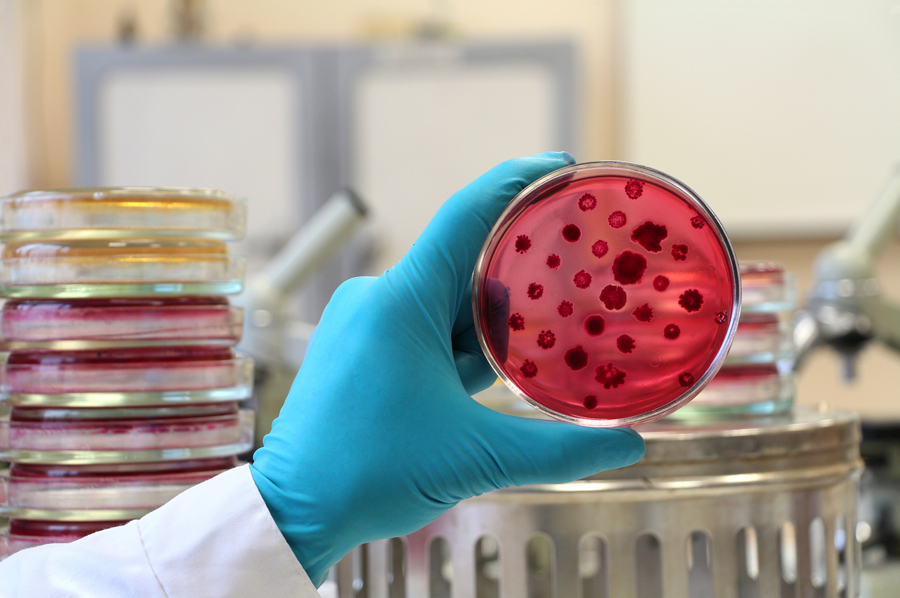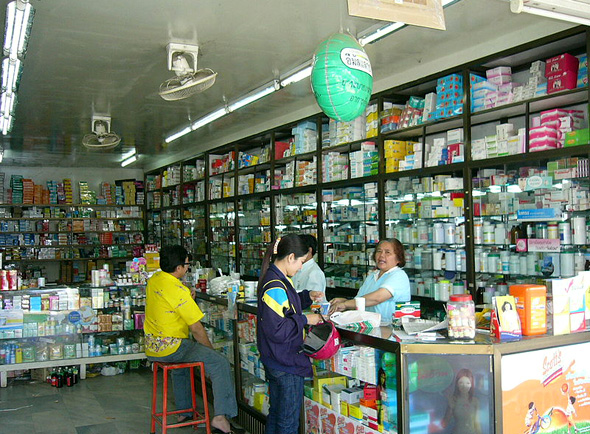Are Superbugs Developing In Southeast Asia?
Source: William Russell
Superbugs may be on the rise, but by taking the right steps you and your family can avoid the risks.
What is a superbug?
In simple terms, a superbug is any type of bacteria, virus, parasite or fungi that is resistant to multiple drugs used against them. Common superbugs include MRSA, C.diff and antibiotic-resistant E.Coli.
Until recently, drugs like antibiotics have been an effective deterrent against the worldwide spread of common infectious diseases. However, the misuse and overuse of these antibiotics has led to the rise of bacteria resistant to multiple antibiotics.
According to the World Health Organization (WHO), this type of drug resistance, known as antimicrobial resistance (AMR), is an increasingly serious threat to global public health.
But there’s no need for widespread panic. There’s ongoing debate in the global scientific community about how fast these superbugs will spread and how much impact they will ultimately have.
Much work is also underway to understand resistance and develop new ways to treat illnesses.

Which superbugs are of concern in Southeast Asia?
Currently the main worry in this region is the spread of drug-resistant malaria, which is affecting parts of north-eastern Thailand, southern Laos and western Cambodia.
Artemisinin has been key to the international fight against malaria, with the WHO reporting a worldwide decrease in deaths from 839,000 in 2000 to 438,000 in 2015.
But new research, published in the Lancet Infectious Diseases journal, shows the mosquito-borne parasites are growing resistant to the main artemisinin class of antimalarial drugs.
After examining blood samples from malaria patients in Thailand, Myanmar, Cambodia and Laos, the study found that a single mutant parasite lineage had spread across three countries, replacing parasites containing other, less artemisinin-resistant mutations. This new strain of parasite is fitter and spreads faster than ever before.
What is being done to combat drug-resistant malaria in Southeast Asia?
At the time of writing, there has been no widespread concern regarding drug-resistant malaria on the scale of other epidemics, such as the Ebola virus. Nevertheless, efforts to control malaria in Asia have been stepped up.
The Global Fund partnership has allocated $100 million to the Regional Artemisinin-Resistance Initiative (RAI) to fight the superbug in the Greater Mekong Subregion. “We are currently working to close gaps in supply chains, so the right drugs are in the right places at the right time,” said the RAI Head of Program.
According to the WHO, antibiotic resistance is present in every country across the world. In Hong Kong, researchers on the MTR, the city’s commuter rail network, recently found that drug-resistant bacteria were widespread
What steps can I take to reduce my exposure to drug-resistant malaria?
As when travelling to any area where there is a risk of malaria, the WHO recommends international travellers take preventative medication. Consult your doctor for the best type of malaria medication to suit your needs and country of travel.
Pregnant women should avoid travelling to areas where malaria transmission occurs, and parents are advised to avoid taking infants or young children to areas where there is a high risk of malarial infection.
Are there any other superbugs I should be worried about?
According to the WHO, antibiotic resistance is present in every country across the world. In Hong Kong, researchers on the MTR, the city’s commuter rail network, recently found that drug-resistant bacteria were widespread, with the biggest concentration on trains to and from China.
A review of antimicrobial resistance commissioned by the UK government and published in 2016 found that Indonesia was one of four middle-income countries where close to 500 million courses of antibiotics are used each year to treat diarrhoea. For 70% of diarrhoeal illness, antibiotics are ineffective as they are caused by viral rather than bacterial infections.
As unnecessary use of antibiotics is strongly linked to drug-resistant bugs, it raises the risks. Greater investment in access to water and sanitation across such countries would make a major difference to antibiotic use and lower the risk of antimicrobial resistance.
Because of antibiotic resistance globally, a growing list of infections – such as pneumonia, tuberculosis, blood poisoning and gonorrhoea – are becoming harder, and sometimes impossible, to treat as antibiotics become less effective.
The potential impact of this is longer hospital stays, increasing pressure on hospitals; higher medical costs; and higher mortality rates.

How can I protect myself from superbugs?
Experts from the worlds of science and healthcare are working hard to create new drugs to fight these drug-resistant micro-organisms.
In Indonesia, authorities are urging agriculture and fisheries sectors to be on alert to the threat of antimicrobial resistance and control antibiotic use. Resistant bugs can be transferred to humans through the food system or local environment.
There are also ways you as an individual can minimise your risk of exposure.
The Center for Disease Control and Prevention in the US advises:
- Using antibiotics only if you need them. Antibiotics can only treat infections caused by bacteria, not viruses. This means they’re not needed for common illnesses like colds, flu, sore throats, sinus infections and even some ear infections.
- Taking the full course of antibiotics. If your healthcare professional does prescribe antibiotics, take them as instructed. Finish the course, and never take antibiotics prescribed for someone else or for a different illness.
- Asking about vaccines. Ask your healthcare professionals which vaccines are recommended for you and your family. Vacccines can prevent infections and also keep disease from spreading.
- Being hygienic. Avoid spreading infection by washing your hands regularly, avoiding close contact with sick people, preparing food hygienically, keeping vaccinations up to date, and practising safe sex.
Articles are for information purposes only.
Sources:
- www.malariaworld.org
- www.newscientist.com
- www.bbc.co.uk iWonder
- South China Morning Post (www.scmp.com)
- www.Who.int
- www.Amr-review.org
- UN Food and Agriculture Organisation (www.fao.org)
- www.Health.harvard.edu
- Center for Disease Prevention and Control (www.cdc.gov)
For all your global health insurance questions, call our dedicated team on 020 77 100 200 or contact us at info@jclao.com



